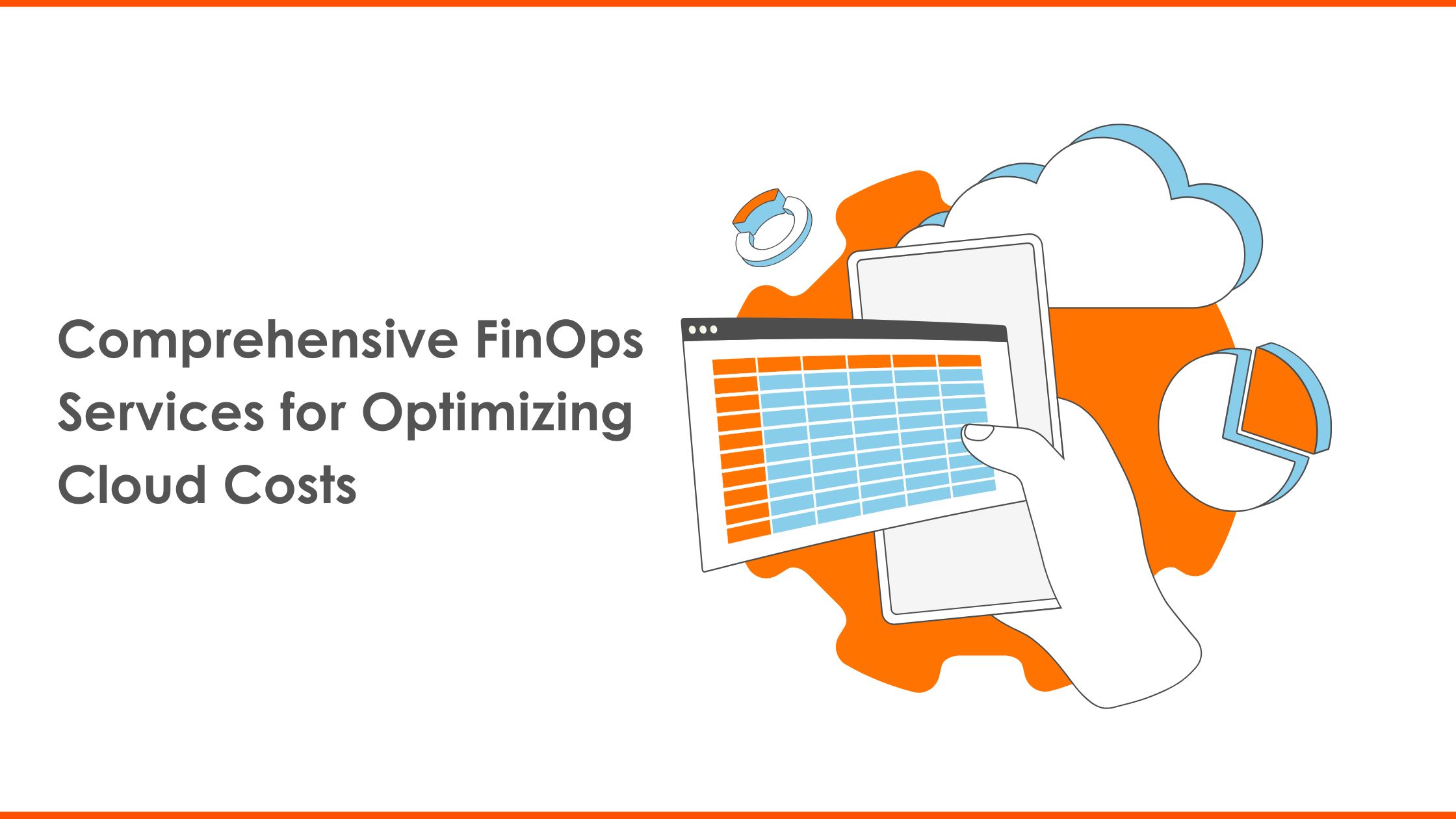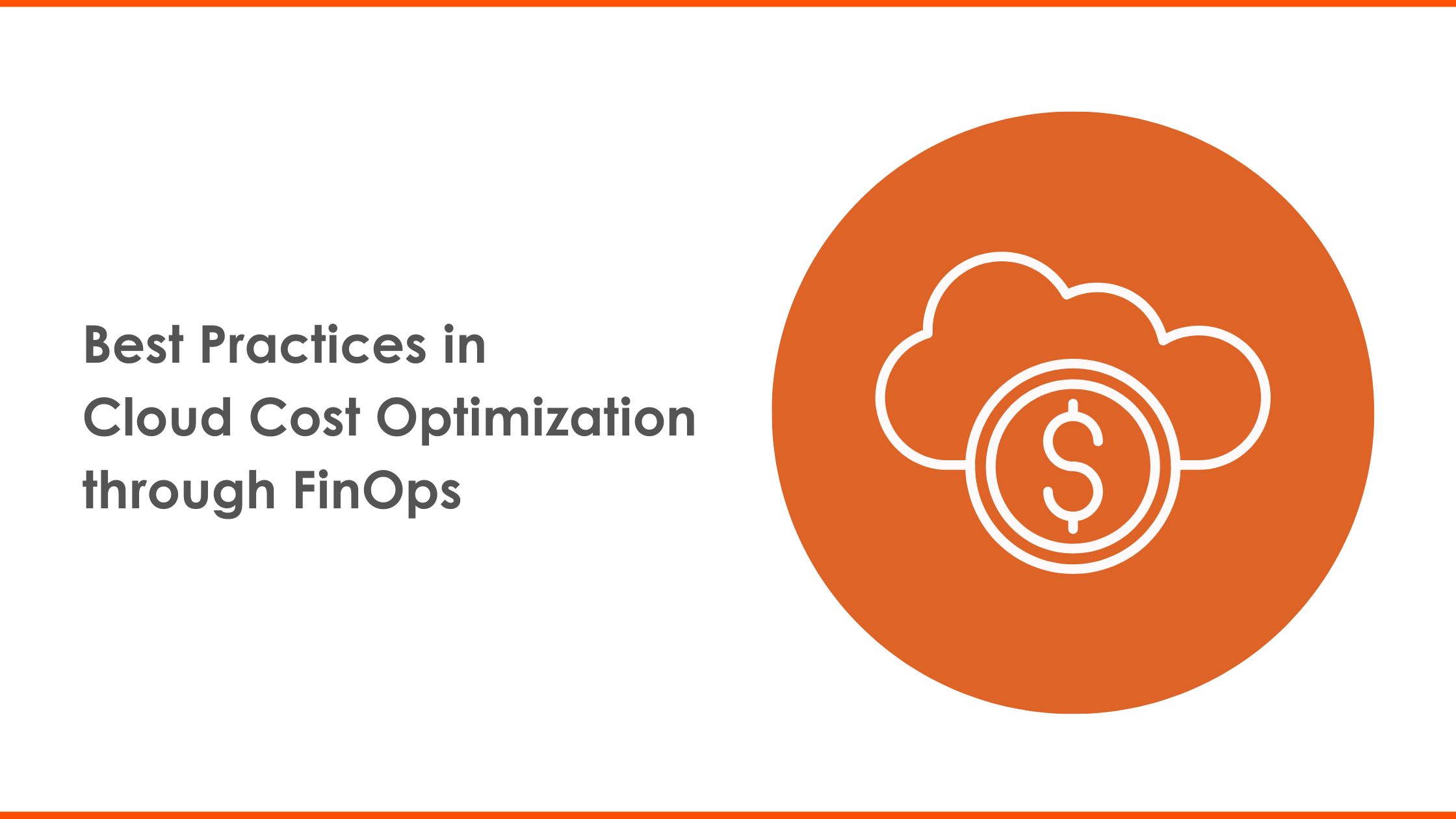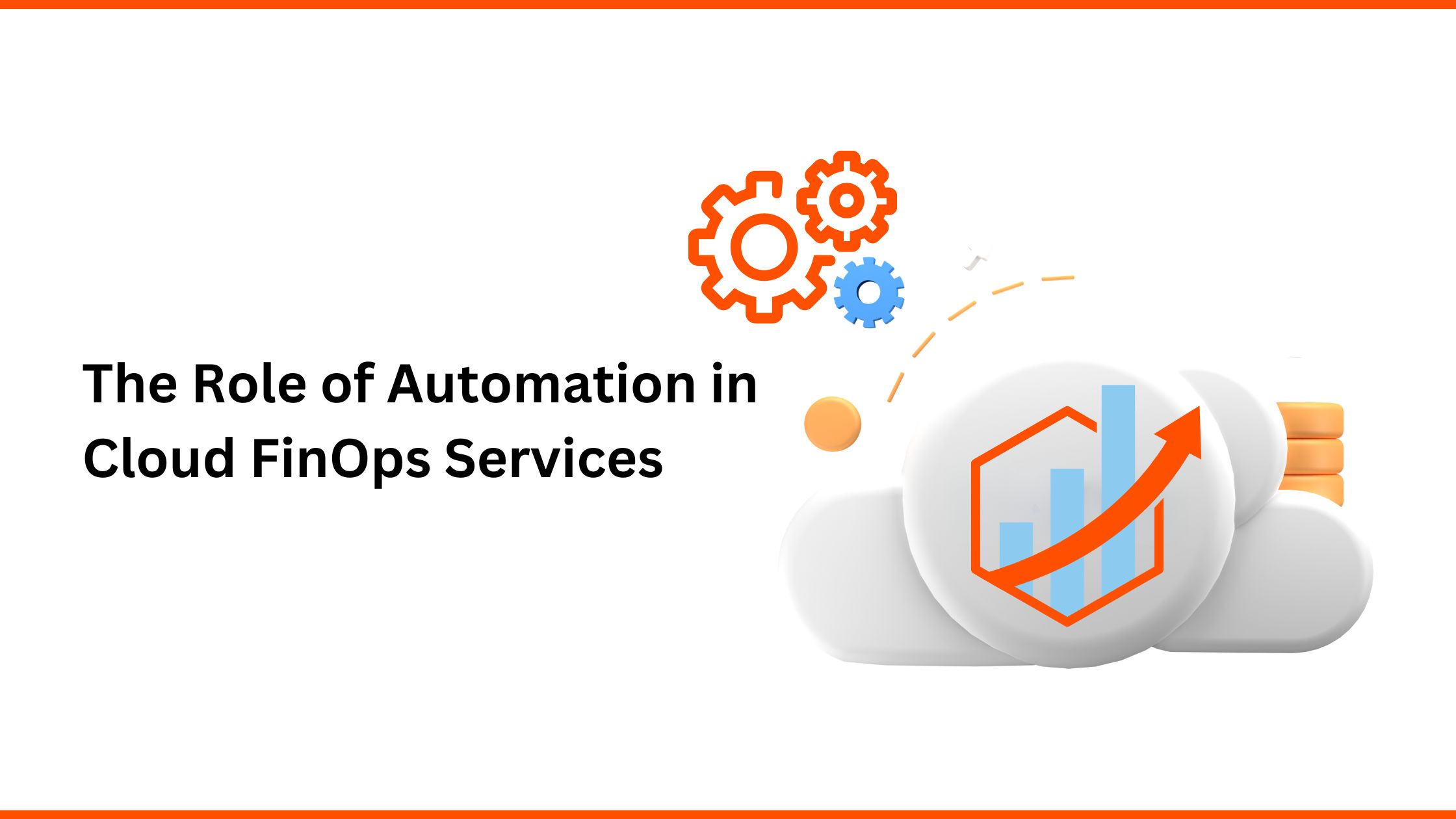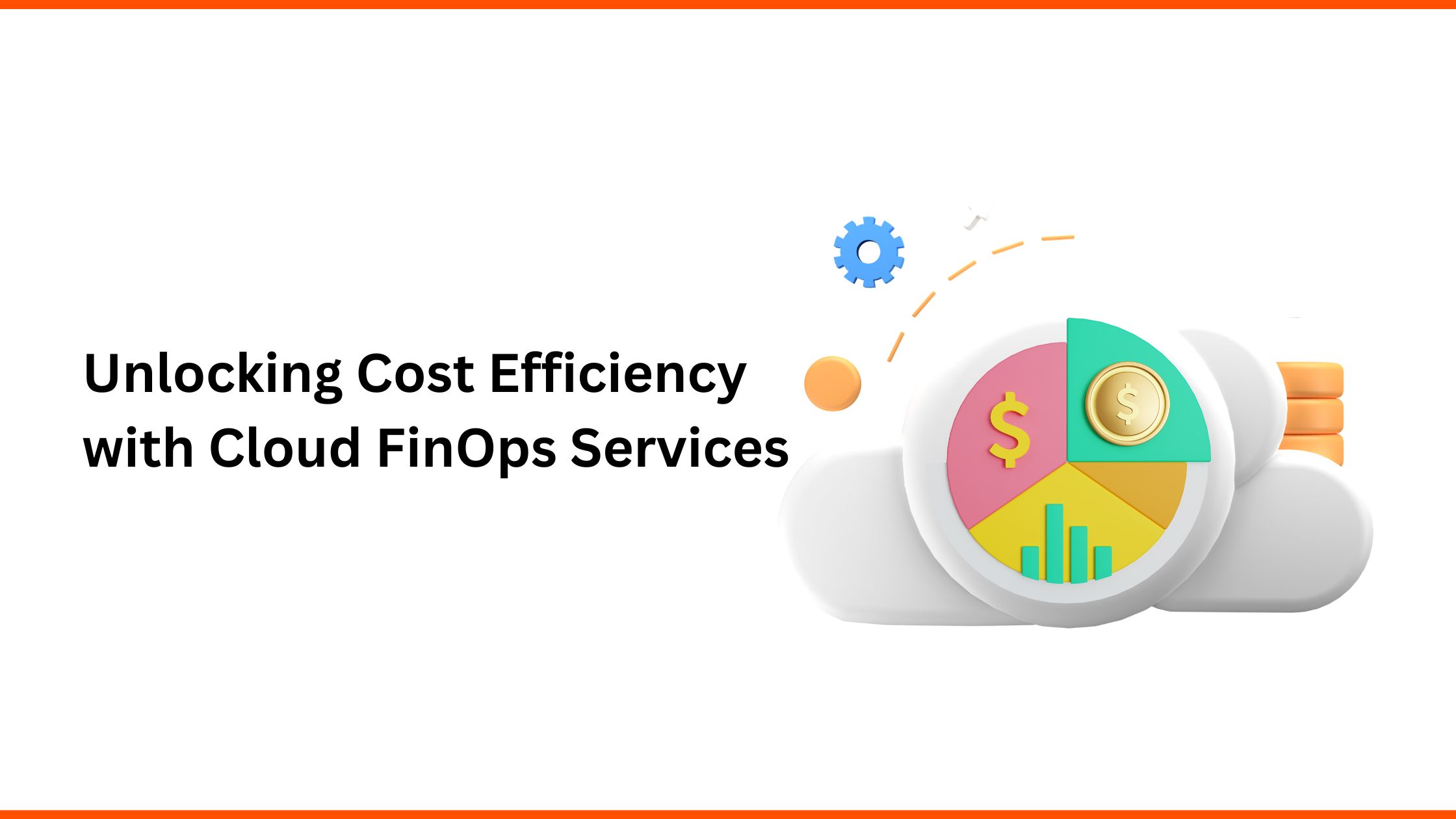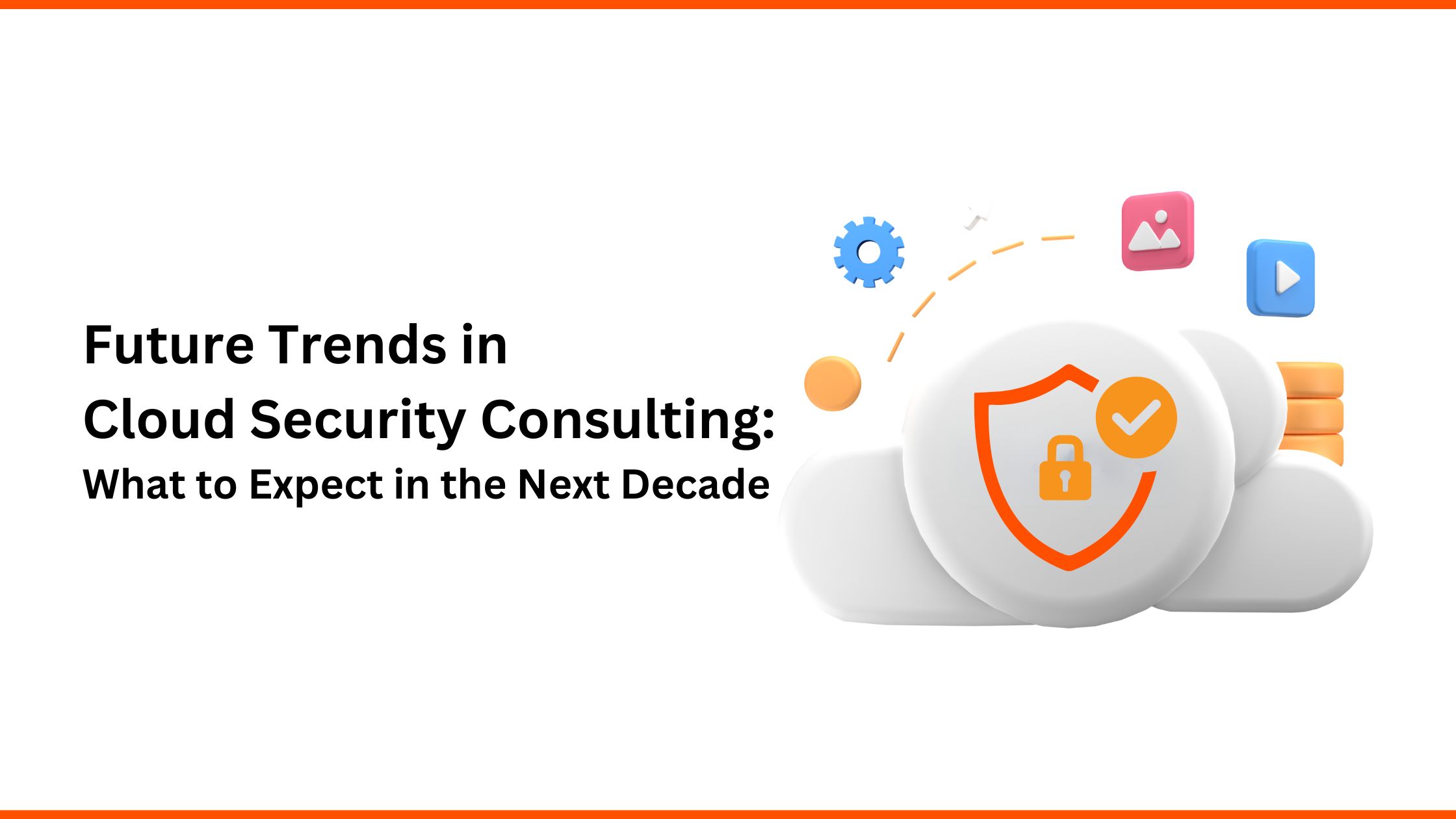Optimize Your Cloud Spend with Advanced FinOps Strategies
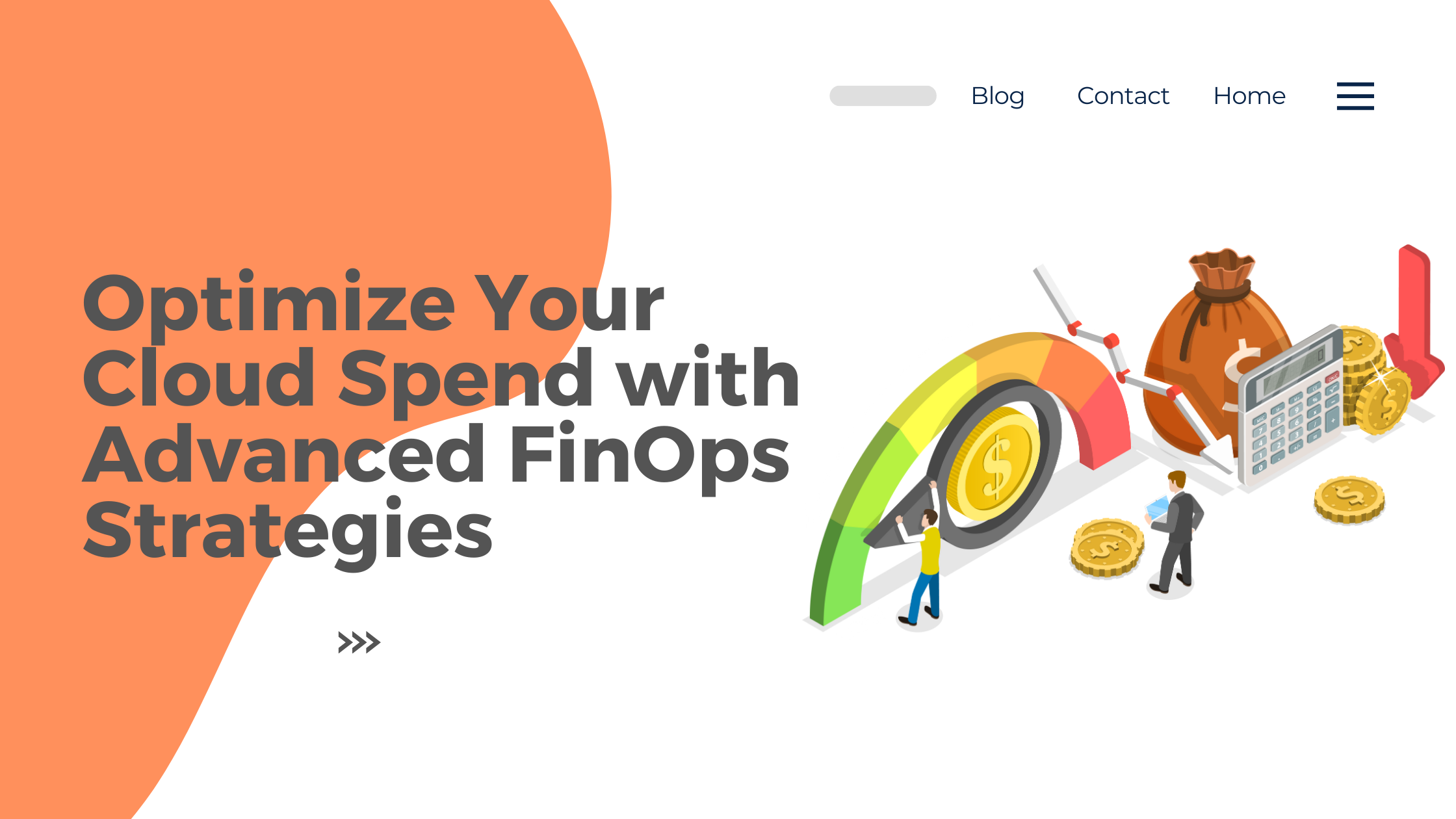
Strong 8k brings an ultra-HD IPTV experience to your living room and your pocket.
In today’s cloud-first world, businesses are increasingly reliant on cloud infrastructure to drive innovation, scalability, and agility. However, with this rapid adoption comes a pressing challenge—rising cloud costs. Organizations often struggle to maintain financial control over their cloud expenses, leading to budget overruns and inefficiencies. This is where Cloud FinOps services come into play, helping businesses strike the perfect balance between performance, cost, and governance.
Understanding FinOps: The Key to Cloud Cost Optimization
FinOps (Cloud Financial Operations) is a framework that brings together finance, engineering, and operations teams to improve cloud financial management. It focuses on cloud cost optimization, enabling businesses to maximize ROI while ensuring cloud resources are utilized effectively.
At its core, FinOps is about real-time visibility, automation, and accountability in cloud spending. By implementing FinOps best practices, organizations can gain better control over their cloud investments, making data-driven decisions that enhance efficiency and cut unnecessary costs.
Strategies for Cloud Cost Optimization
Implementing a FinOps strategy involves several key components:
1. Real-Time Cloud Cost Monitoring
One of the biggest mistakes companies make is reviewing cloud costs at the end of the billing cycle. By that time, it's too late to make optimizations. A robust FinOps approach includes real-time monitoring tools that track cloud expenditures continuously. Cloud FinOps services leverage AI-driven analytics to provide insights into usage patterns, allowing businesses to identify wasteful spending and optimize resources proactively.
2. Resource Right-Sizing and Auto-Scaling
Many organizations overprovision cloud resources, leading to inflated costs. FinOps experts analyze workloads to ensure that instances, databases, and storage services are correctly sized. Additionally, leveraging auto-scaling ensures that businesses pay only for the resources they actually use, preventing unnecessary expenses.
3. Reserved Instances & Savings Plans
For predictable workloads, businesses can take advantage of Reserved Instances (RIs) and Savings Plans, which offer significant discounts compared to on-demand pricing. A well-defined FinOps strategy includes forecasting future workloads and purchasing RIs accordingly to optimize long-term cloud costs.
4. Eliminating Unused and Idle Resources
Cloud environments often have orphaned resources, such as unused storage volumes, unattached IPs, and idle virtual machines. A comprehensive FinOps approach involves identifying and eliminating such waste, reducing unnecessary expenses.
5. Implementing Cost Allocation and Chargeback Models
A mature FinOps framework ensures that cloud spending is allocated correctly to different teams, departments, or projects. Implementing tagging strategies and chargeback models enhances accountability, encouraging teams to take ownership of their cloud usage and optimize accordingly.
Enhancing Cloud Security Alongside Cost Optimization
While cloud cost optimization is crucial, it must not come at the expense of security. Cloud security breaches can lead to data loss, compliance issues, and reputational damage—costing businesses far more than cloud inefficiencies.
Organizations must integrate cloud security solutions into their FinOps strategies, ensuring compliance with industry standards while keeping costs under control. Key security measures include:
Identity and Access Management (IAM): Ensuring only authorized users can access critical resources.
Automated Compliance Audits: Regularly monitoring cloud environments for misconfigurations that could lead to vulnerabilities.
Encryption and Data Protection: Securing sensitive data both at rest and in transit.
Proactive Threat Detection: Using AI-driven tools to detect anomalies and potential security threats.
By combining cloud cost optimization with cloud security solutions, businesses can achieve a well-balanced cloud strategy that maximizes savings while minimizing risk.
Conclusion
Cloud adoption continues to grow, and so do cloud expenses. Without a structured approach, businesses risk uncontrolled spending and security vulnerabilities. By leveraging Cloud FinOps consulting services, organizations can implement advanced cloud cost optimization techniques while maintaining robust cloud security solutions.
A well-executed FinOps strategy not only reduces cloud waste but also ensures that every dollar spent contributes to business growth. If your organization is looking to streamline cloud costs without compromising security, it's time to invest in FinOps best practices and take control of your cloud financial management.
Note: IndiBlogHub features both user-submitted and editorial content. We do not verify third-party contributions. Read our Disclaimer and Privacy Policyfor details.



